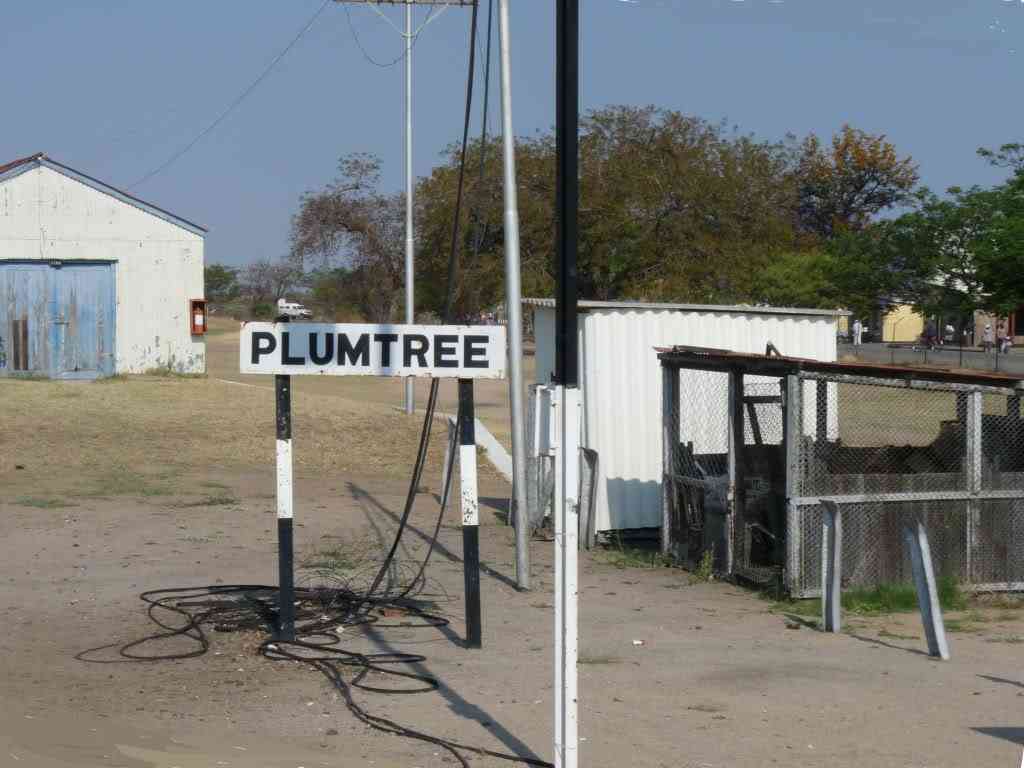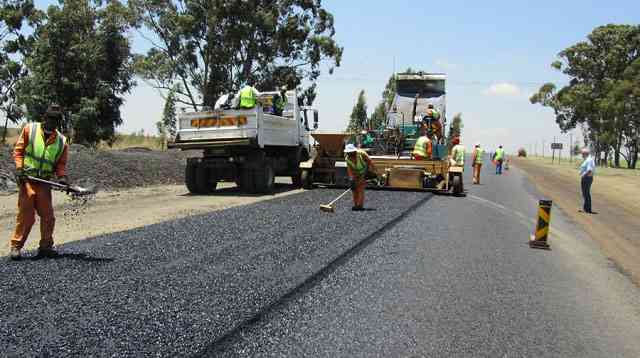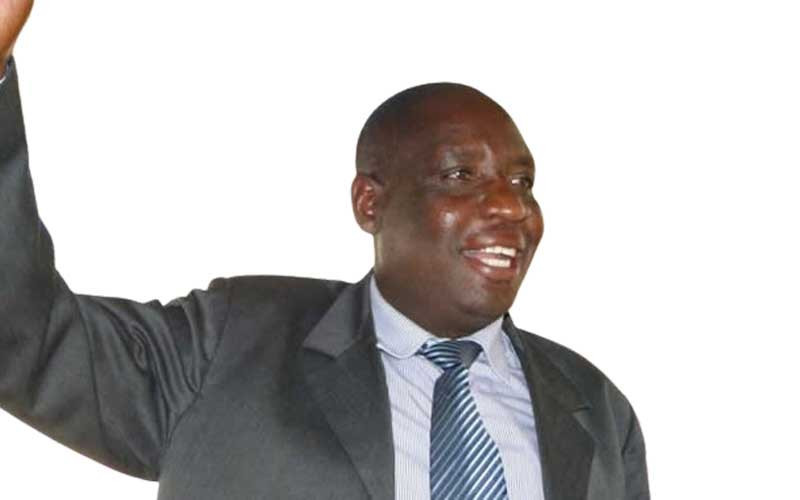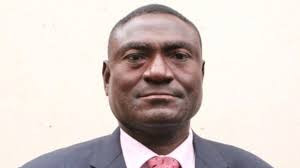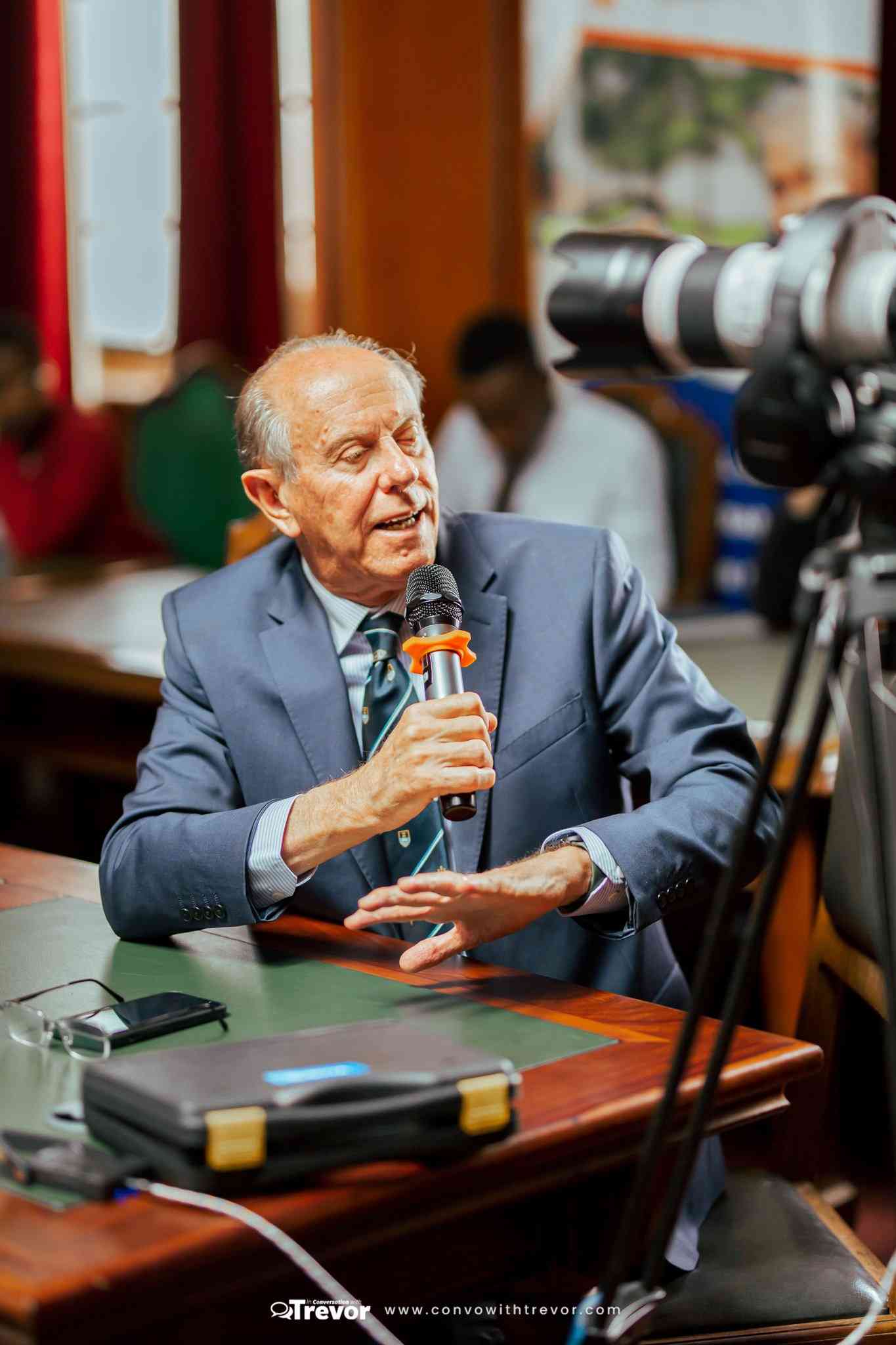
RESIDENTS and other stakeholders are up in arms against Bulawayo City Council (BCC) over plans to establish a private water and sanitation utility.
The project will be done in partnership with a Dutch company.
Through the Bulawayo Progressive Residents Association and other organisations, the residents acknowledged the dire water crisis and its magnitude in the city.
But said they were concerned over council’s plans to introduce the new entity without consulting them.
“This is a clear move towards privatisation of water, which is directly against section 77 of the Constitution of Zimbabwe which states that every person has the right to clean, safe and potable water,” the residents said.
“This is a clear elitist approach which will disproportionately affect low-income households already struggling with the rising cost of living.
“To add, privatisation of water means the cost of water might rise, meaning it will further infringe on the rights of the residents in terms of accessibility to the precious liquid, and compromise the quality of service delivery as a whole.”
However, mayor David Coltart allayed residents’ fears saying while council was planning to make the water and sanitation department a stand-alone entity, it would remain a council business asset.
- Uproar over census figures
- Byo Arts Festival in turmoil…One year later, festival has yet to pay artists…Organisers play cat and mouse with artists
- Bulawayo struggles to clear housing backlog
- Council acts tough on debts
Keep Reading
“There is no intention to make the department a private business, but a stand-alone asset for the council that would ring-fence revenue for water and sanitation projects in the city,” he said.
“Over the years, the revenue realised from the service ended up being used for other council business, but with the project, all surplus revenue will be used for specific programmes related to water and sanitation.”
Coltart said the project, which was in tandem with international best practices, would make sure that money from water and sanitation services was used to develop its infrastructure.
The residents, however, said the process, including the selection criteria of the Dutch company lacked transparency.
“It will be difficult for residents to hold the private company to account for the use of funds, its actions or the state of these services,” they said.
“We believe decisions concerning our city’s essential resources should be made by those who understand the unique needs of our community not by distant corporate entities focused on profit.
“This will have negative consequences on the residents holding the service provider accountable due to complex contractual arrangements and regulatory frameworks.”
They said similar projects, such as Ingwebu Breweries, Parks and Nursery, Caravan Park, Goodhope and Aisleby Farm were also shrouded in secrecy.
“It is on record that the main challenge with the City of Bulawayo regarding water issues is the availability of bulk water.
“Hence, how does setting up such an entity address this issue? Are we going to be confronted by prolonged water scarcity challenges?”
They said privatising the department would have financial implications that should be considered by council.
“The water account has proved to be the main source of funding for the local authority, which then leaves us to wonder what necessitated the need to set up this separate entity. Won’t this cripple the operations of the local authority?”
The resident also expressed concern that BCC was trying to blindside residents and stakeholders and re-introduce prepaid water meters.
“This is the same mistake that Bulawayo City Council made when it proposed prepaid water meters in 2013, leading to residents rejecting them,” they said.
“Thus, we would like to reiterate to BCC that we will not hesitate to take whatever action necessary to stop this impish behaviour which undermines the value of the residents and stakeholders of the city of Bulawayo who are the rightful owners of the City of Bulawayo.”
The residents called for further consultations on the project.
“Such a significant change in the management of our city’s water and sanitation services should have been subject to thorough public debate and scrutiny,” they said.


